Formation: The Making of Nigeria from Jihad to Amalgamation Hardback
₦21,000.00
Formation tracks the unlikely series of events and characters that led to the creation of the modern Nigerian nation: from 1804 when the first Jihadists began their attack on a collection of independent nations to 1914 when the current shape of Nigeria was completed as a British colony through amalgamation. Formation challenges the orthodox understanding of Nigeria’s past as merely a product of colonial interference, revealing an incredibly complicated portrait of a nation with a tangled history, where slavery, violence and instability was and remains a primary organising principle for elite competition and political negotiations.
Influential figures loom large over the narrative including: Usman dan Fodio, the revolutionary Islamic reformer and founder of the Sokoto Caliphate, Efunroye Tinubu, the prominent slave-trader and political figure, Fredrick Lugard, British colonial administrator, Nana Asma’u, revered poet and teacher, Samuel Ajayi-Crowther, Yoruba linguist and first Nigerian Anglican Bishop, Funmilayo Ransome-Kuti, political campaigner, suffragist and mother to Fela Kuti, maverick British statesman and industrialist, Joseph Chamberlain, alongside other well-known and many less familiar names. Formation uses colourful character sketches and first-hand reporting to show how local events and characters are intertwined with global occurrences over the period.
Coming on the 60th anniversary of the end of formal colonial rule in Nigeria, Formation arrives at a critical time when the world is reawakening to the struggles of Black people re-ignited by the police killing of George Floyd and the activism around Black Lives Matter. This book grounds these struggles, guiding readers into the 19th century events of Africa’s most populous country where through slavery and colonialism, the terms of trade were calculated in human currency, creating an environment of deep-seated mistrust, animosity and a universally morbid and hard to dislodge political economy.

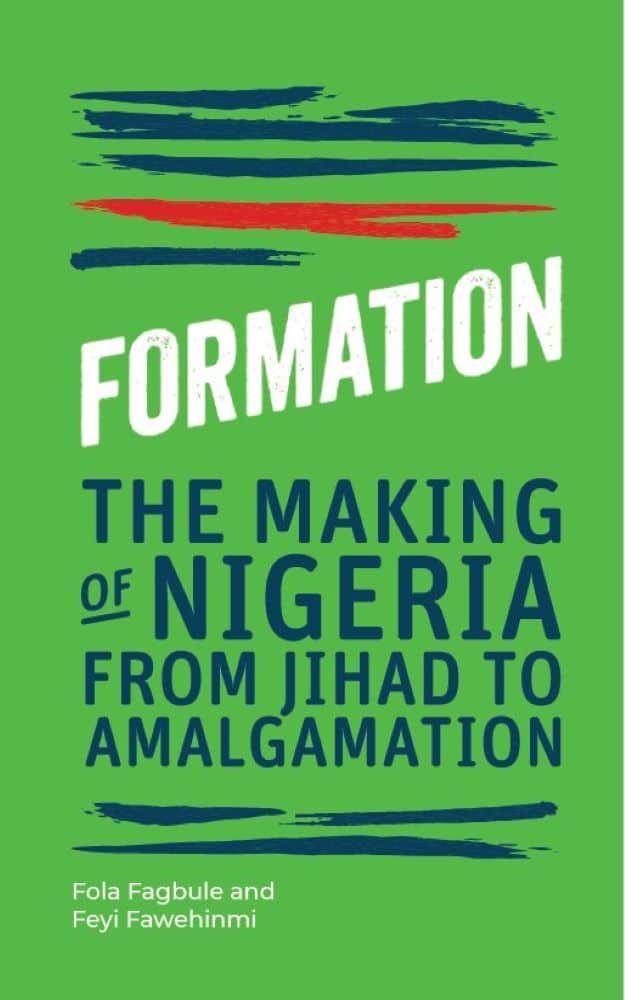


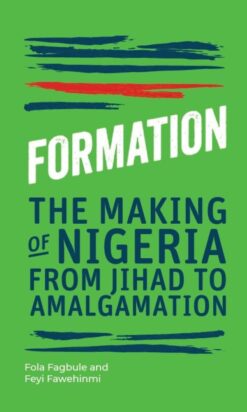

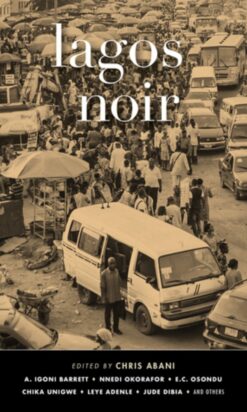
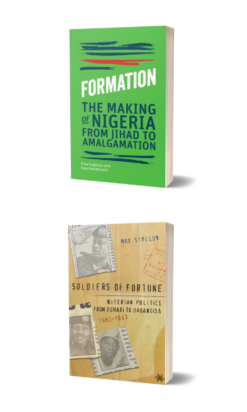
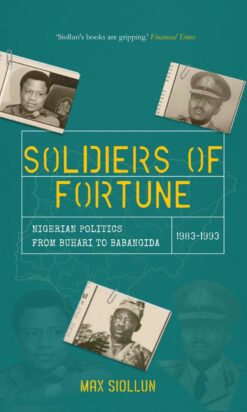
Reviews
There are no reviews yet.